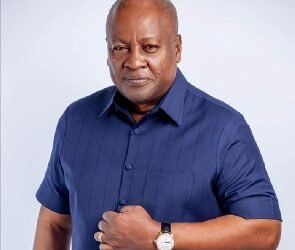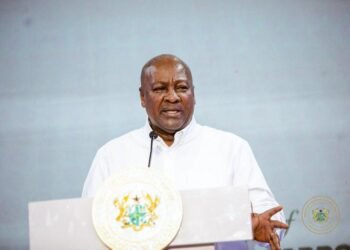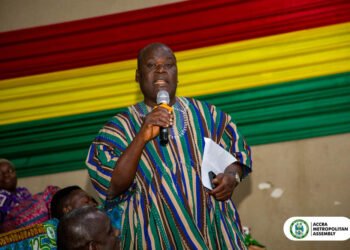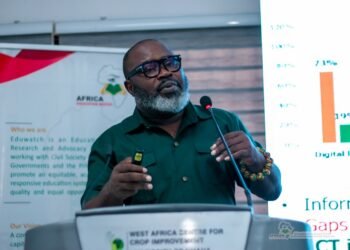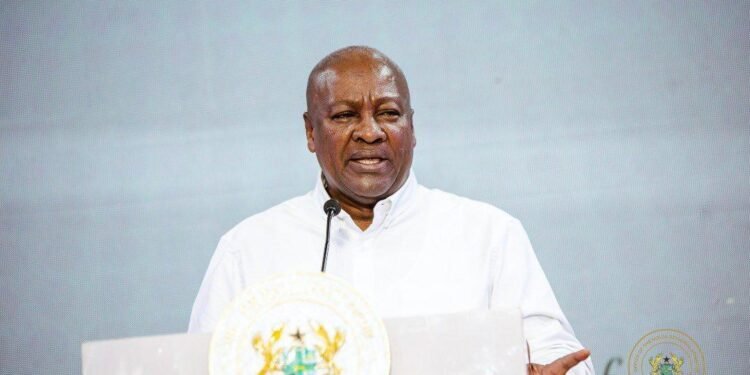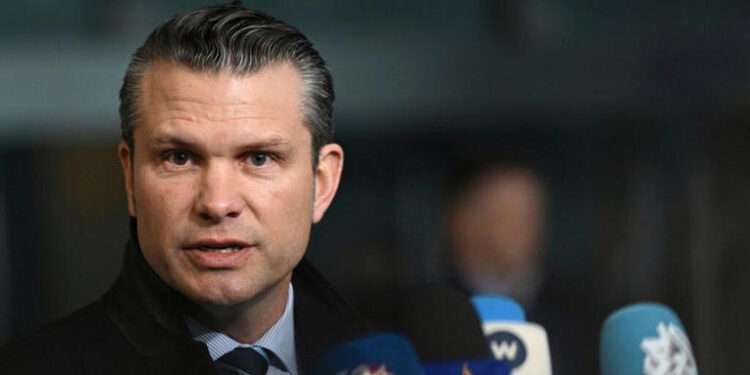Dr. John Kwakye, an economist and Director of Research at the Institute of Economic Affairs (IEA), has observed that in recent years, the Bank of Ghana has deviated from its core mandate.
He noted that instead of fostering economic stability and growth, its policies—characterized by excessive monetary financing and exorbitantly high interest rates—have stifled the economy, undermining both stability and development.
He called for a fundamental reset of the Bank of Ghana, urging it to realign its policies with its original mission.
According to Kwakye, the bank must adopt a more balanced strategy that promotes economic growth, controls inflation, and supports sustainable development, positioning itself as a true agent of stabilization and economic advancement.
“The new Government must negotiate with the IMF to restore majority Ghanaian ownership of the banking sector with new management and governance structures.
“Having a banking sector with a huge majority foreign ownership is inimical to the economy and must be reversed by the new Government”.
Dr. John Kwakye
Dr. Kwakye further emphasized the importance of reversing the de-indigenisation of the banking sector that occurred during the 2017-2019 financial clean-up exercise.
He argued that the policy, which led to the sale and consolidation of several indigenous banks, has undermined local ownership and control within the sector.
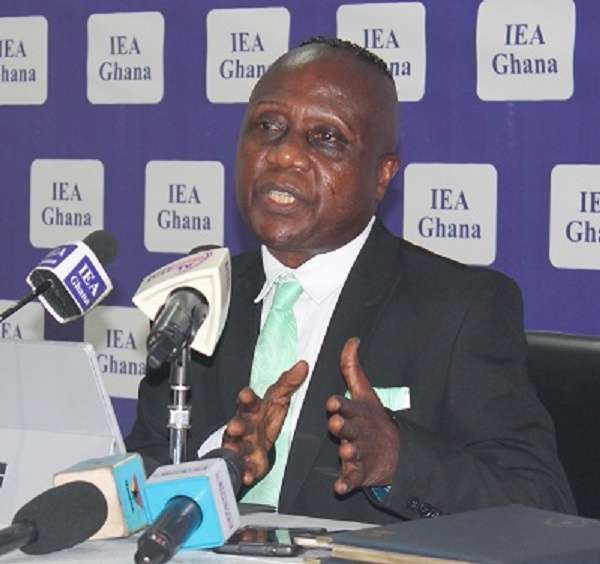
Kwakye expressed concern that this trend has resulted in a significant reduction in the participation of local players in a vital segment of the economy, limiting the potential for indigenous financial institutions to drive economic growth and development.
He stressed that maintaining a strong domestic presence in the banking sector is crucial for ensuring that local businesses, especially small and medium-sized enterprises, have access to financial services that align with their needs.
According to Kwakye, restoring local control in the banking sector is essential for fostering long-term economic stability and empowering domestic businesses to thrive.
Kwakye Critiques BoG’s Liquidity Withdrawal Practices
Furthermore, Dr. John Kwakye raised concerns about the Bank of Ghana’s approach to liquidity management, questioning when the Bank will learn to balance its actions by both withdrawing and injecting liquidity into the economy, as is commonly done by other central banks.
He expressed frustration over the Bank’s ongoing practice of withdrawing liquidity at significant cost, without considering the broader implications for the economy.
Kwakye further questioned the Bank’s reliance on the unidirectional sale of large amounts of bills for so-called liquidity management, noting that this approach is costly and seems unsustainable.
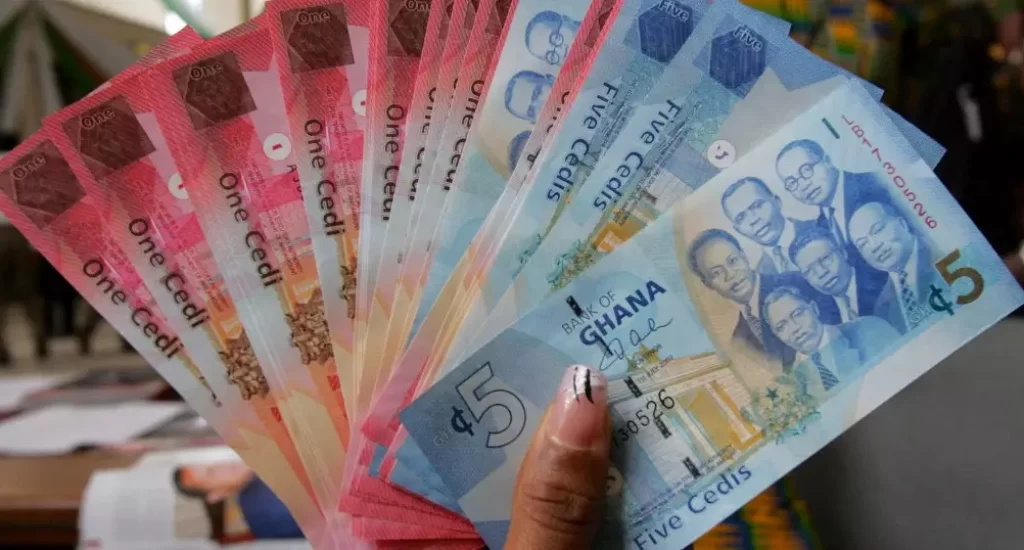
He also inquired about the root cause of the persistent excess liquidity in the economy and why it has not been effectively addressed, highlighting that other central banks typically manage liquidity in a more balanced manner.
“Gov’t should make the natural resource sector the main source for raising resources to develop the country. It can bring an additional USD10 bn to supplement domestic revenue of just about USD12 bn. No amount of effort can raise enough revenue exclusively to develop the economy.
“The last eight years have seen two IMF programs. Seriously? When we are sitting on natural resource wealth worth trillions of dollars? Why do we do this to ourselves?”
Dr. John Kwakye
Dr. Kwakye highlighted that the Bank of Ghana has left behind a troubling legacy, including a GHC 60 billion loss and GHC 54 billion in negative equity in 2022, alongside a 23% inflation rate, a 27% policy rate, and a 20% depreciation in 2024.
He also pointed to the Bank’s reserves, which stand at only 2.3 months of import cover, and a banking sector that has been de-indigenised. According to Kwakye, a reset of the Bank of Ghana is absolutely necessary.
He further stressed that Ghana’s economy is in a dire state, citing clear evidence of financial distress.
According to him, the country has defaulted on its external debt payments, and the government owes significant arrears to contractors, statutory funds, nursing trainees, teacher trainees, and National Service personnel.
Additionally, the government is unable to purchase cocoa from its own farmers, underscoring the depth of the economic crisis.
READ ALSO: Nathaniel Bassey To Minister At Inaugural Prayer Breakfast for Trump




